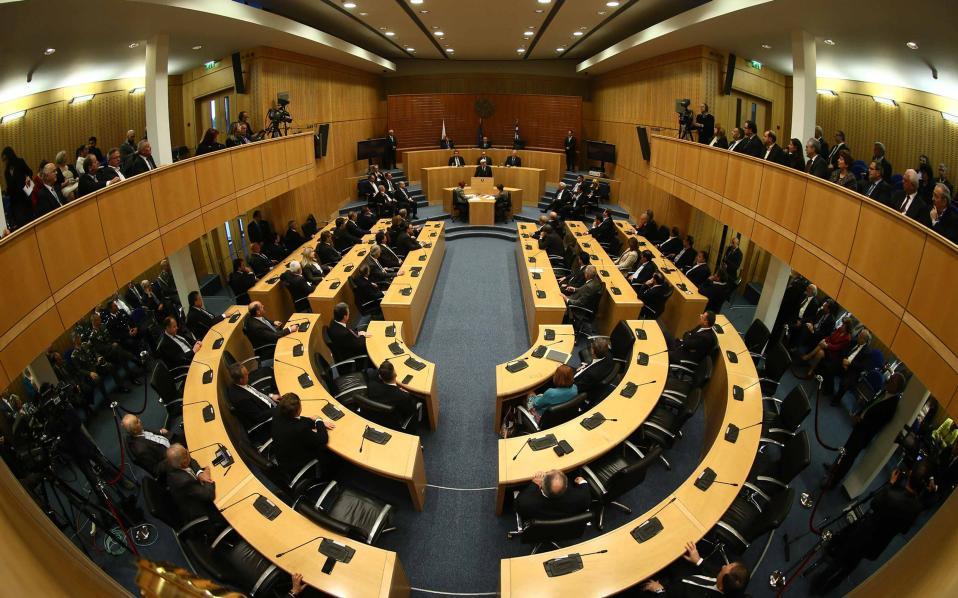Cypriot parliament suspends foreclosures

Cyprus’ parliament has passed a bill suspending foreclosures until the end of October. Finance Minister Constantinos Petrides expressed his disappointment at the move, arguing that failure to offer an efficient foreclosures framework would in effect “punish” consistent borrowers.
The House plenary passed the bill tabled by five opposition parties (AKEL, EDEK, the Greens, ELAM and DEPA) with 34 votes for and 16 against last week, amending legislation on transfers and mortgages for real estate so as to extend the suspension of foreclosures of indebted properties until October 31, 2022, due to the economic and social impact of the Covid-19 pandemic and the war in Ukraine.
The suspension concerns primary residences whose estimated value does not exceed 350,000 euros and business premises hosting companies whose annual turnover does not exceed €750,000. It also concerns agricultural plots whose estimated value does not exceed €100,000.
Petrides, in a written statement, expressed his disappointment at the “voices of populism,” which, he said, “threaten once again the credibility and the economy of the country, at a time when any downgrading of the Cypriot economy can turn out to be disastrous.”
Any extension of the foreclosure process, he said, either by legislation or on a voluntary basis, “protects mainly strategic defaulters at the expense of depositors and consistent borrowers.”
The minister pointed out that the suspension of foreclosures at what he described as a “critical period” for the economy, also risks the introduction of the long-awaited Mortgage-to-Rent Scheme, budgeted at €400 million, which protects the primary homes of vulnerable households, including non-viable borrowers who had applied for the ESTIA debt relief scheme, since its approval by the European Union will also depend on the effectiveness of the foreclosures’ framework.
“Without the effective tool of foreclosures, there is a visible risk that the scheme will not be approved by the EU and, in any case, borrowers may again be reluctant to participate,” he added.
Petrides said an ineffective framework “acts as punishment” for consistent borrowers, presents risks for depositors, and reduces valuable liquidity for investment and growth. He went on to thank the deputies who voted against the bill.





